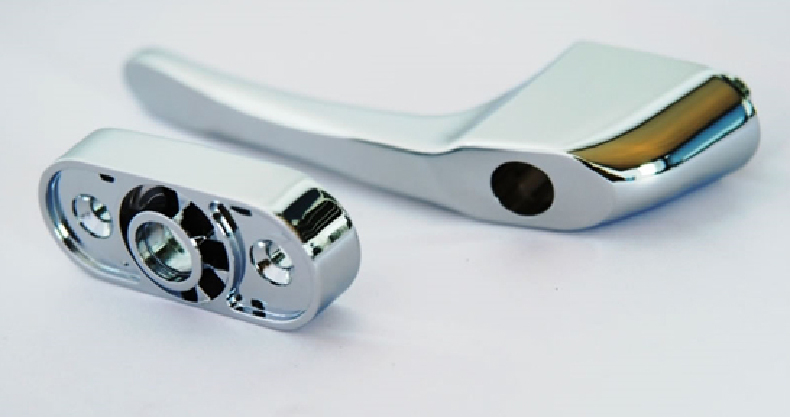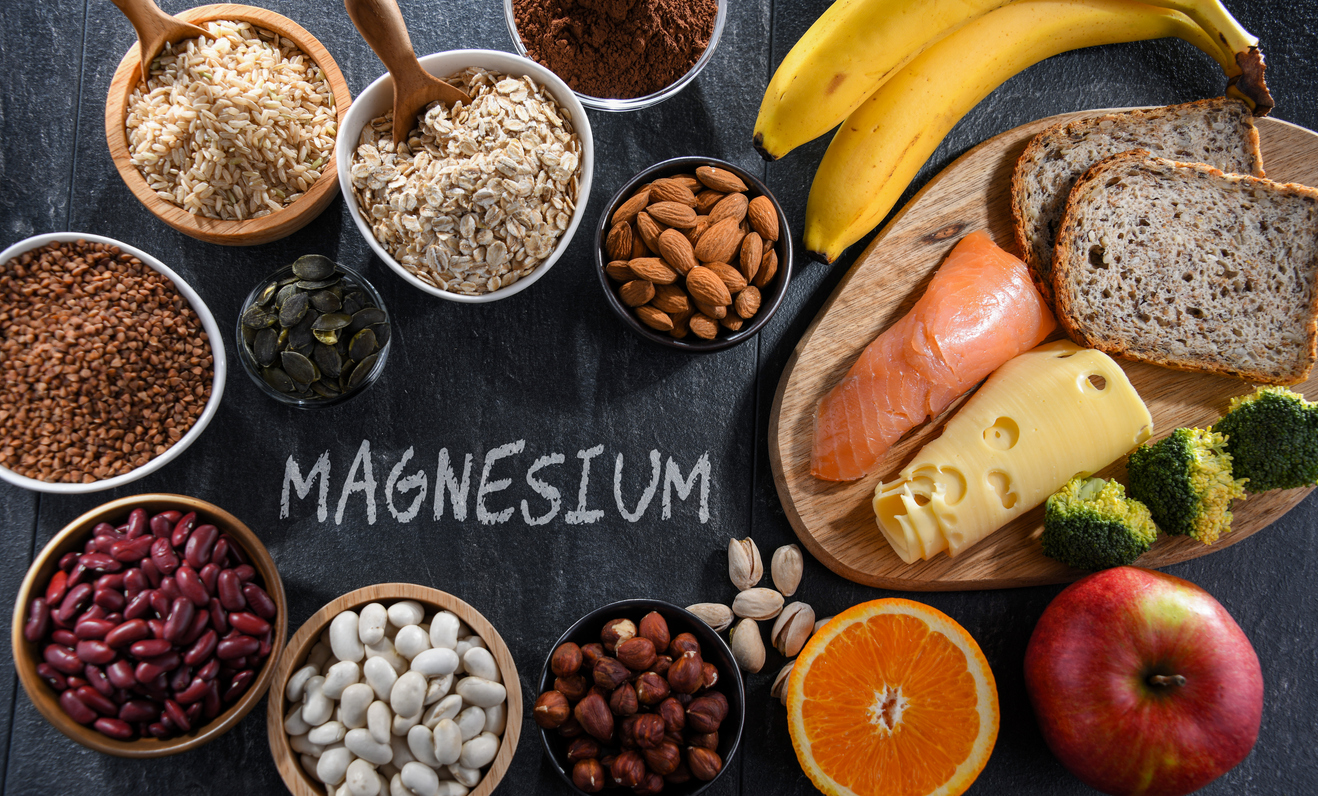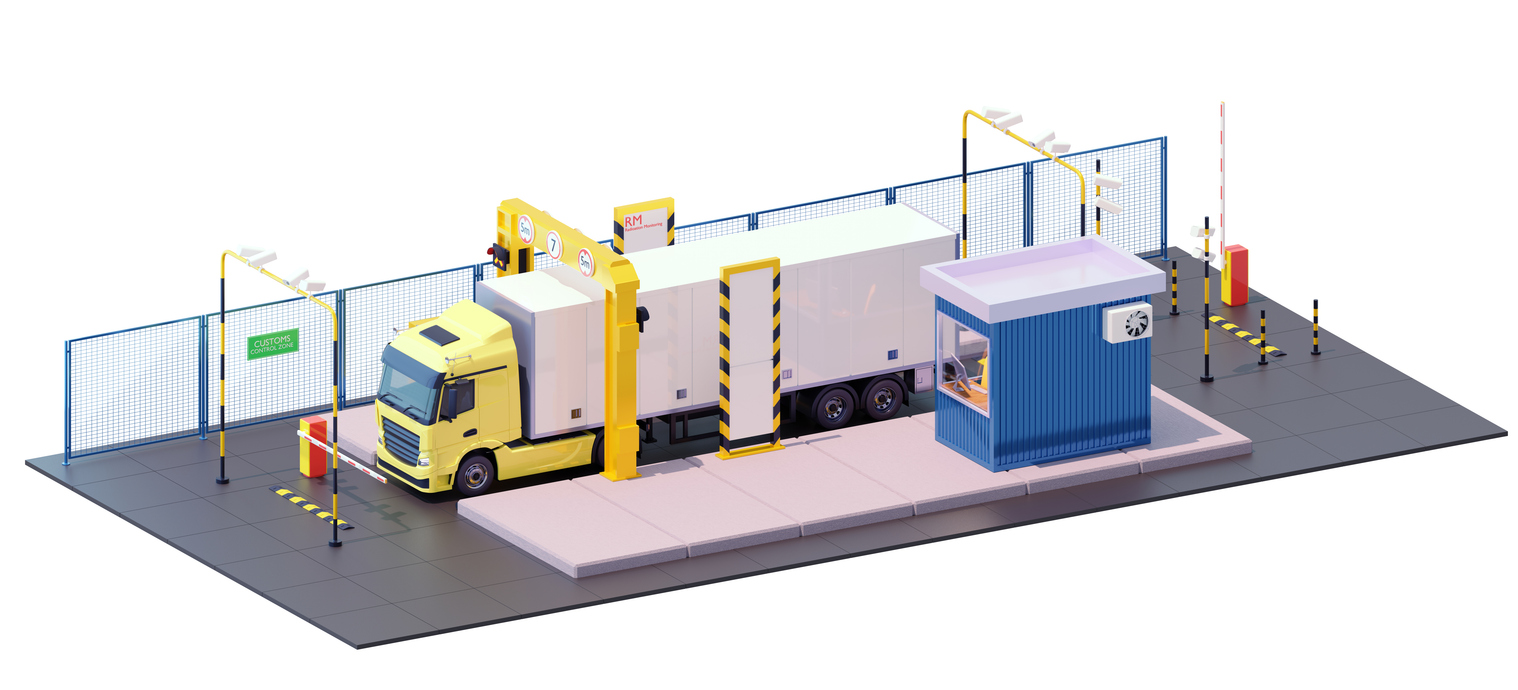7 Ways to Buy and Export Aluminium Plating From South Africa
7 Ways to Buy and Export Aluminium Plating From South Africa
Everyone loves a little bling, including manufacturers and consumers of everyday goods. From eyeglasses to automobiles, electronics to home furnishings, jewellery to kitchen appliances, virtually every product category is increasingly adopting aluminum plating as a means of adding visual appeal. As a result, the global market for aluminum plating rose by more than 10% between 2014 and 2018, expanding from $3 billion to almost $3.5 billion. There are two key ways that manufacturers can begin exporting aluminium plating from South Africa: buying and exporting it as part of another finished product or raw material. While you won’t find local suppliers of aluminium plating in its raw form, there are many different ways that exporters can procure and export it with minimal difficulty. Let’s take a closer look at seven such options:
Exporting Aluminium Plating as Part of a Finished Product
One of the most common ways to export aluminium plating is as part of a finished product. For example, consider the millions of eyeglasses around the world that have frames made of aluminium alloy. These frames provide both visual interest to their wearers and a sturdier structure than conventional plastic frames. They are also far lighter than standard metal frames, making them preferable for both long-term use and special-needs applications. As noted above, the global market for aluminium-plated eyeglasses grew by 10% between 2014 and 2018, from $77 million to $87 million. Similarly, exports of these finished products from South Africa rose by almost 15% during that time. Exporters are thus taking advantage of the growing demand for these inexpensive yet stylish frames, particularly in Asia and Europe.
Exporting Aluminium Plating as a Raw Material
While most exporters of aluminium plating prefer to purchase it as a finished product and then coat the imported product with aluminium, this isn’t the only option. It’s also possible to purchase aluminium in its raw form, like electrolytic aluminium or aluminium oxide, and then electroplate it in South Africa. This can be an ideal option for manufacturers who want to add visual appeal to a product while keeping their costs relatively low. Exporting these raw materials can be less straightforward, though, due in part to the varying regulations governing their trade. While some countries, like Germany and the United Kingdom, have relatively relaxed trade restrictions related to aluminium oxide, others, like the United States, have much more stringent rules governing who can buy and sell it. This is why it’s so important for manufacturers trading in aluminium oxide to do their homework before attempting to export.
Exporting Aluminium Coated Products
Another way to export aluminium plating is by coating an existing product with the aluminium material. This can be as simple as spraying an aluminium-containing lacquer on the exterior of an existing product or as involved as creating an entirely new item. Exporting aluminium-coated products is relatively straightforward, as most regulations focus primarily on the coatings applied to the product and not the product itself. That being said, it’s important to check the regulations of each intended destination to make sure you don’t run into any issues along the way.
Exporting Electroplated Products
For manufacturers who want to take things a step further, there are tons of potential exports that involve electroplating aluminium onto a finished product. In fact, the process of electroplating has a long history, dating back to the first half of the 20th century. Over the years, it has evolved into an exact science, with many companies focusing on a specific type of electroplating, like anodized or coloured anodized aluminium. Electroplating has proven to be such a useful manufacturing method that it has even spawned entire industries. For example, the electroplating of steel has become a critical process in the production of automobiles, while the plating of copper is important in the production of telecommunications wiring.
Exporting Anodized Products
Anodizing aluminium can produce some of the most visually appealing products in the world. From coloured hard drives and computer parts to intricate bath tubs and kitchen appliances, anodized aluminium can be found in many of our everyday items. Anodized aluminium is created when a surface is exposed to chemicals that increase the thickness of the surface layer. The thickness of this layer will vary based on the amount of time the aluminium is exposed to the anodizing chemicals. An anodized aluminium product can be finished in three different ways: dyed anodizing, hard anodizing, and soft anodizing. Each of these processes creates different finishes for aluminium parts.
Exporting Coloured Anodized Products
The third and final way to export aluminium plating is by colouring anodized aluminium. This process involves first anodizing the product and then applying a colouring agent to the surface while it’s still in its anodized state. This is often done with coloured lacquers or paints, although some companies have devised ways to use dyes directly on the aluminium surface. Exporting coloured anodized aluminium can be more challenging than other types of aluminium plating. This is because the regulation of dyes is often more stringent than those governing the importing and exporting of other chemicals. While there are no specific regulations governing the exportation of dyed anodized aluminium per se, other import and export rules often apply.
Final Thoughts
Aluminium plating is an incredibly versatile and visually appealing finishing process that has been used to enhance the look and feel of products for decades. It’s also an incredibly cost-effective way to add value to your goods, making it an ideal choice for manufacturers of all types. Whether you’re looking to buy and export aluminium-plated goods or coating your own products with aluminium, there are plenty of ways to get it done. And with demand for this finish growing each year, there has never been a better time to get started!







LEAVE A COMMENT
You must be logged in to post a comment.